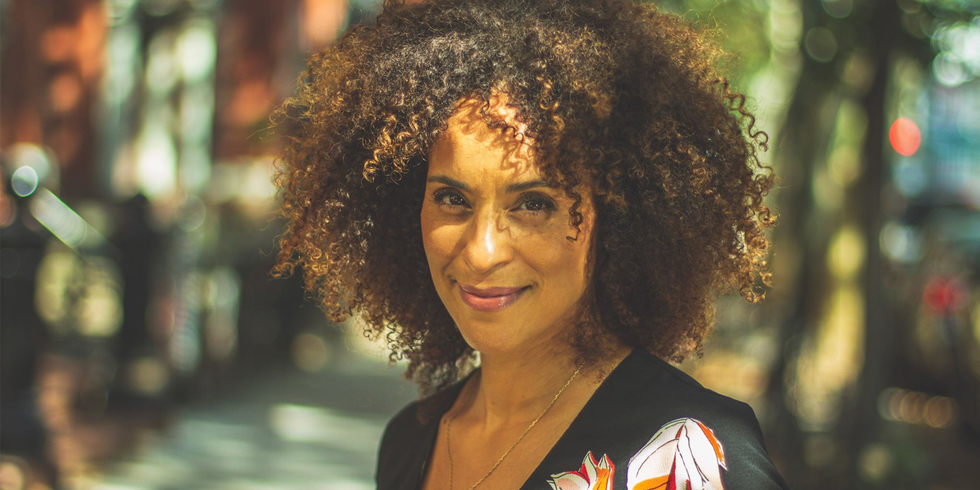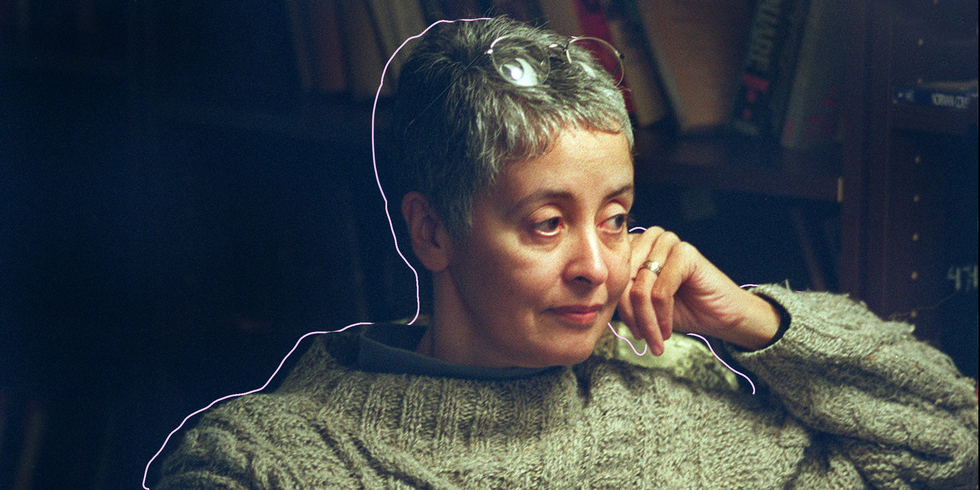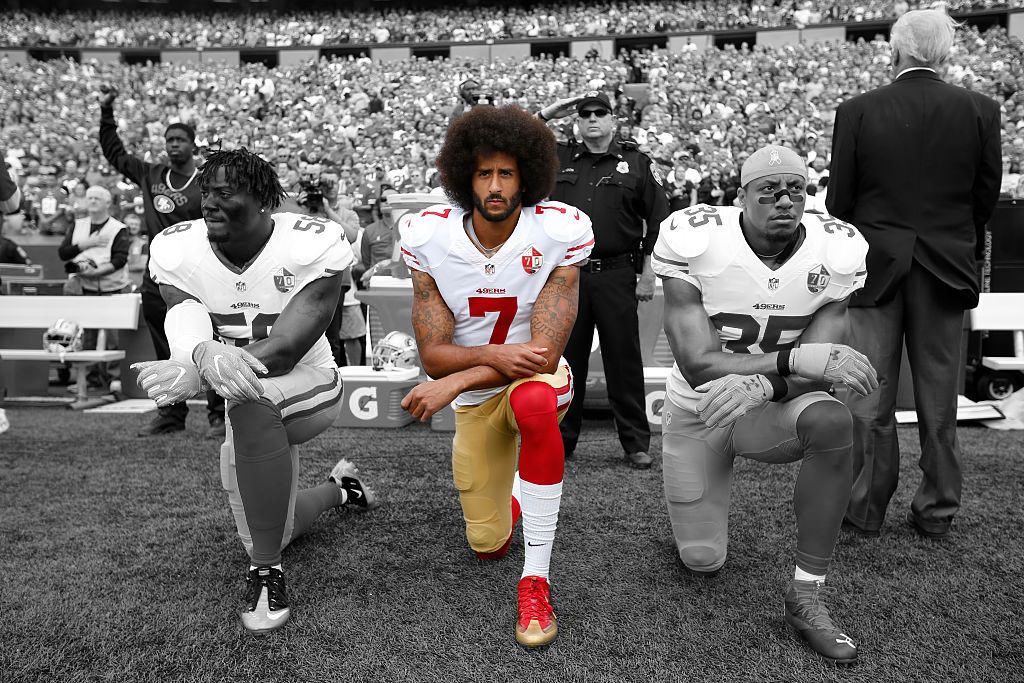‘Fresh Prince’ Star and First-Time Author Karyn Parsons Is Not Here for Your LabelsPosted in Articles, Identity Development/Psychology, Interviews, Media Archive, United States on 2019-03-14 18:09Z by Steven |
‘Fresh Prince’ Star and First-Time Author Karyn Parsons Is Not Here for Your Labels
Shondaland
2019-03-12
Rebecca Carroll, Editor of Special Projects
WNYC New York Public Radio, New York, New York
A conversation about her debut novel, “How High the Moon” dives into issues of identity and her focus on telling little-known stories of African Americans.
There is no shame in having loved Hilary Banks from The Fresh Prince of Bel Air. Sure, she was vapid and flighty and occasionally obnoxious, but she was also admirably ambitious, charmingly naive, and genuinely loyal to her very black family. So it’s a kind of poetic justice that the actress who played her, Karyn Parsons, has evolved out of that hallmark role into something of a black public intellectual, activist, and author — even if she wouldn’t call herself any of those things. Her first novel, How High the Moon, was published last week, and we sat down to talk about it, her nonprofit organization, Sweet Blackberry, race, and labels, and how she feels about acting today.
Rebecca Carroll: You founded Sweet Blackberry as a way to preserve and lift and amplify the achievements of black Americans throughout history, and now you’ve written a young adult novel about a light-skinned black girl coming of age in the Jim Crow South. How do you feel these two projects speak to each other?
Karyn Parsons: I think what Sweet Blackberry has to offer is knowing about these stories from the past, and how they serve us moving forward, especially young people. It shows children what they’re capable of — it teaches them so much about themselves and who they are and can be…
…RC: We’re both the product of one biological black parent and one biological white parent. I black identify, and actually think of it in part as a denouncement of white supremacy. And of whiteness in general. Do you identify as black or biracial?
KP: Biracial. I get what you mean, but I don’t want to feel in any way that I’m denouncing my father, who’s white. If it’s basically ‘What are you?’ I feel like I’m miscommunicating with people and these labels. I don’t do labels.
RC: But whiteness is not a label. It’s an identity.
KP: Well, it depends on who you’re talking to.
RC: Well, I’m talking to you.
KP: I think a lot of people are saying it as literally a physical category, not an experience, not cultural.
RC: You mean a phenotype?
KP: Yes.
RC: I would argue otherwise that only white people categorize blackness that way.
KP: Mmmmm, maybe.
RC: When you talk about not wanting to denounce your father, do you think he would be offended if you called yourself a black woman?
KP: Oh, no. It’s not about him. It’s just about me. What I’m saying when I say I’m mixed — I guess I’m not thinking that heavily into white culture…
Read the entire interview here.



